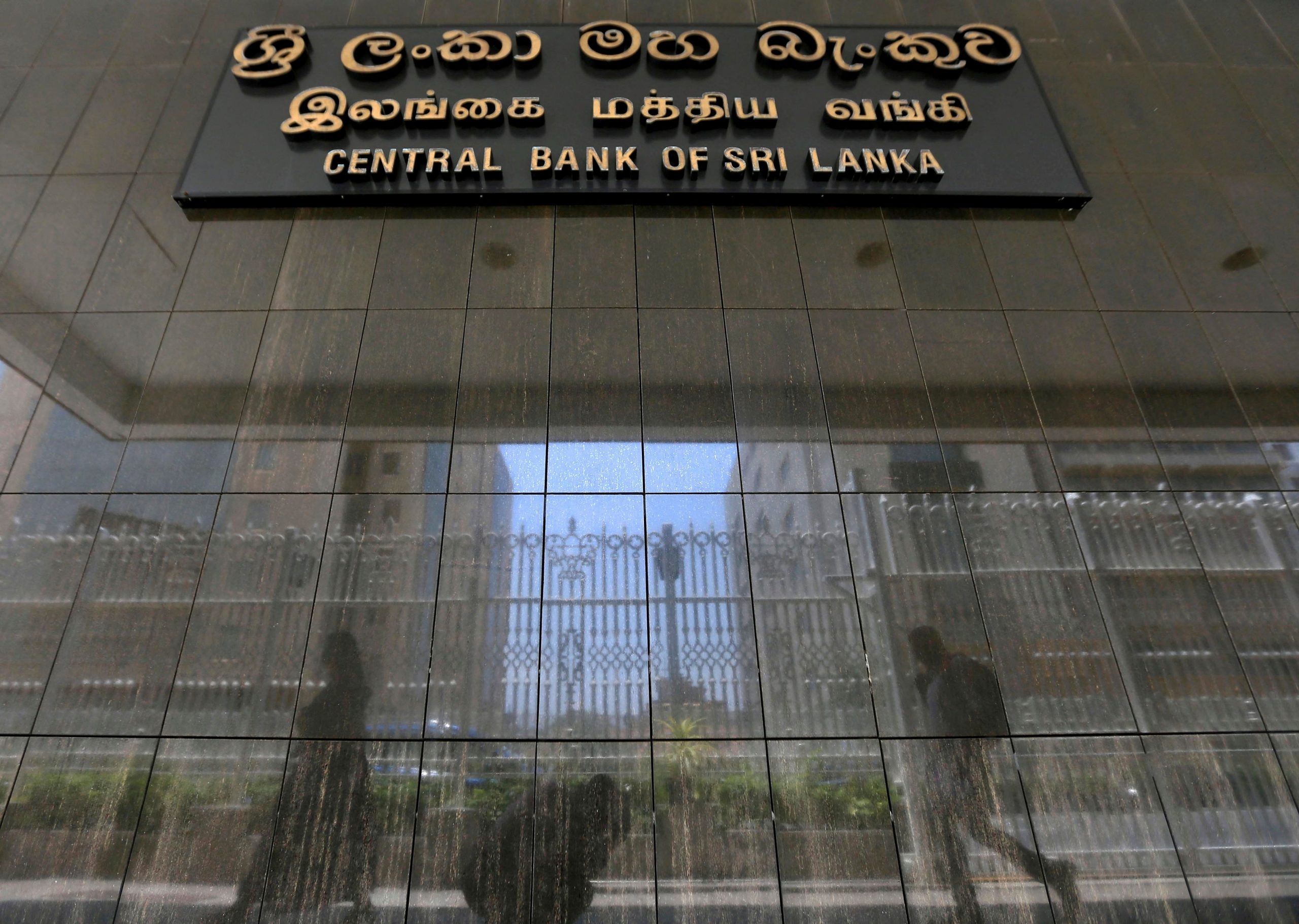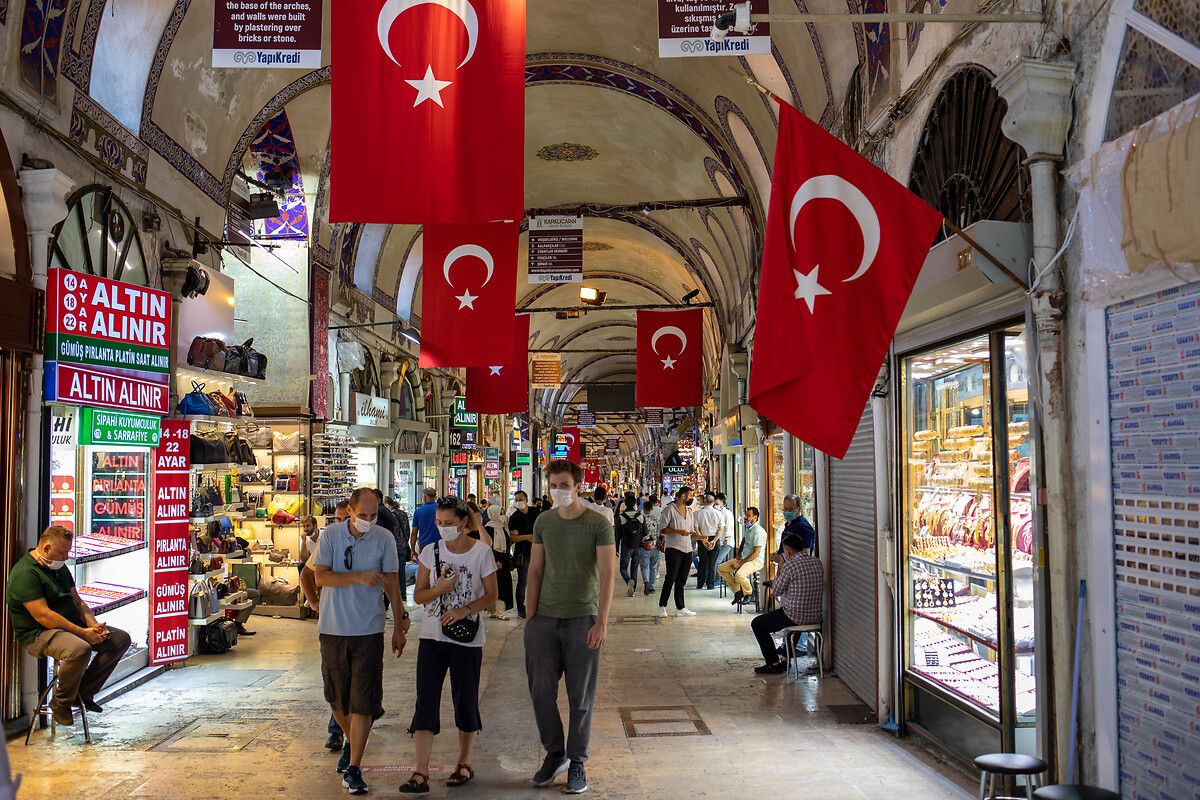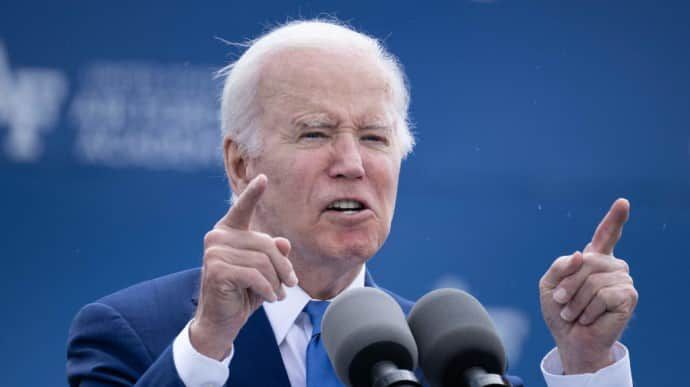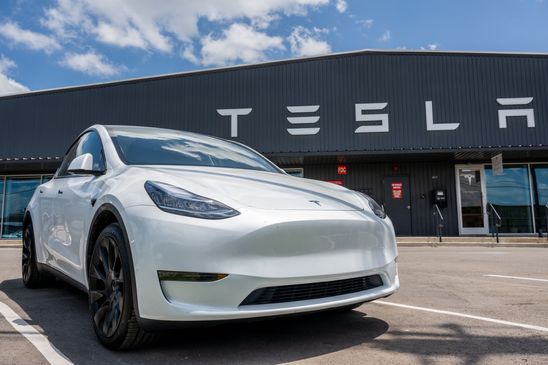At the recent Group of Seven (G7) summit held in Hiroshima, Ukrainian President Volodymyr Zelenskyy met with key supporters, a gesture that underlined the crucial role of Ukraine’s ongoing conflict in discussions among the G7, an association of the world’s leading economies. This focus on Ukraine largely overshadowed other urgent global issues, such as security challenges in Asia and the need for greater support for the developing world, which were initially the main focus of the three-day summit.
During the meeting, Japanese Prime Minister Fumio Kishida declared, “G7 reaffirmed our commitment to continue our strong backing for Ukraine from every possible dimension.” President Zelenskyy engaged in two significant rounds of discussion on Sunday. One of these was with G7 leaders, and another was held with a broader group of participants, including India and South Korea. He also had individual meetings with several leaders.
However, the gathering was not devoid of tension. Russia’s claim that Wagner private army forces, supported by Russian troops, had captured the Ukrainian city of Bakhmut, was a topic of major concern. The fight for this eastern city, viewed as a significant symbolic prize by both sides, has been ongoing for eight months and is presumed to be the bloodiest of the war.
In response to questions about the status of Bakhmut, President Zelenskyy confessed his belief that Russian forces had finally seized the city, stating, “For today, Bakhmut is only in our hearts. There is nothing in this place.” He further added that the battle had left nothing in Bakhmut but a high number of “dead Russians.”
In the midst of these discussions, U.S. President Joe Biden declared a new military aid package for Ukraine worth $375 million. The package includes ammunition and armored vehicles, and it follows an earlier U.S. decision to allow Ukraine to train on American-made F-16 fighter jets, suggesting a possible future transfer of these aircraft to Ukraine. President Biden vowed, “We have Ukraine’s back, and we’re not going anywhere.” In response, Zelenskyy expressed his gratitude for the support, stating that “we will never forget.”
Prior to President Zelenskyy’s arrival, the G7 had already announced a series of new sanctions intended to penalize Moscow for its invasion of Ukraine, which began in February of last year. Despite the dominance of the Ukrainian crisis, the G7 leaders—representing Japan, the U.S., the U.K., France, Germany, Canada, Italy, and the European Union—also attempted to address other global concerns. These included climate change, poverty, economic instability, and the proliferation of nuclear weapons.
Moreover, President Biden sought to reassure the world that the U.S. would not default on its debt, despite the ongoing deadlock over the debt limit that has significantly overshadowed his trip. Additionally, attempts were made to improve relations between two U.S. allies, South Korea and Japan, who have been historically divided due to unresolved issues related to Japan’s brutal colonization of the Korean Peninsula from 1910 to 1945.
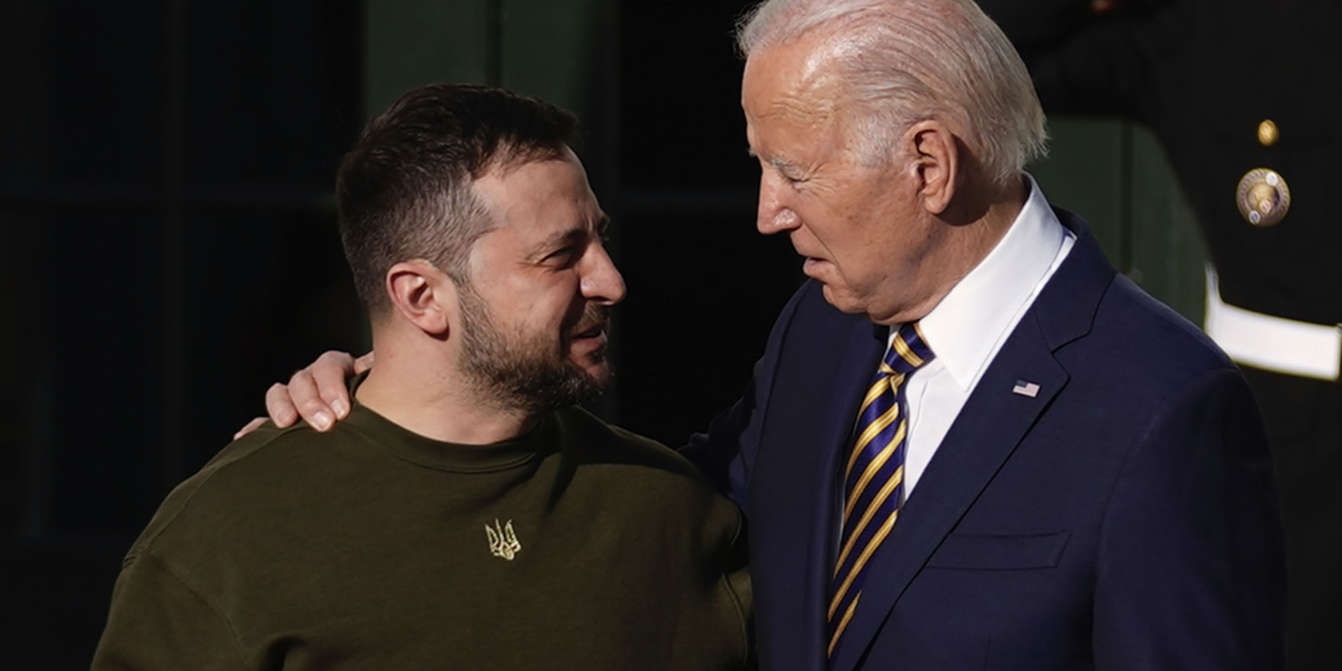
Both President Biden and Japanese Prime Minister Kishida held meetings with South Korean President Yoon Suk Yeol and invited him to Washington for further discussions. This move reflects the U.S. desire for unity among its allies, particularly with regard to the pressing issues of Russia and North Korea.
Russian Foreign Minister Sergey Lavrov lambasted the summit for attempting to isolate both China and Russia. However, the G7 leaders pledged to continue to apply pressure on Russia, describing its assault on Ukraine as “a threat to the whole world in breach of fundamental norms, rules, and principles of the international community.”
The G7 leaders also had a distinct message for China, the world’s second-largest economy. They expressed a desire for “constructive and stable relations” and encouraged China to pressure Russia to cease its aggression in Ukraine. In response, China’s Foreign Ministry advised G7 members to focus on their domestic issues instead of “containing and bludgeoning other countries.”
The G7 leaders also used the summit to warn North Korea against its nuclear ambitions and escalating missile tests. They also introduced a new wave of global sanctions against Russia, making it the most-sanctioned country in the world. Over 125 individuals and organizations across 20 countries have been targeted by U.S. sanctions. The G7 has also promised to improve the efficacy of existing financial penalties aimed at curbing Russia’s war effort.
The summit was a stark reminder of the rapidly changing geopolitical dynamics and the resurgence of old tensions. The G7 leaders’ clear support for Ukraine and commitment to tackling global issues have signaled their intent, but the actual impact of these decisions remains to be seen in the months ahead. As we move forward, the world will be closely watching how these decisions will shape the global landscape.
©traders-news.online







